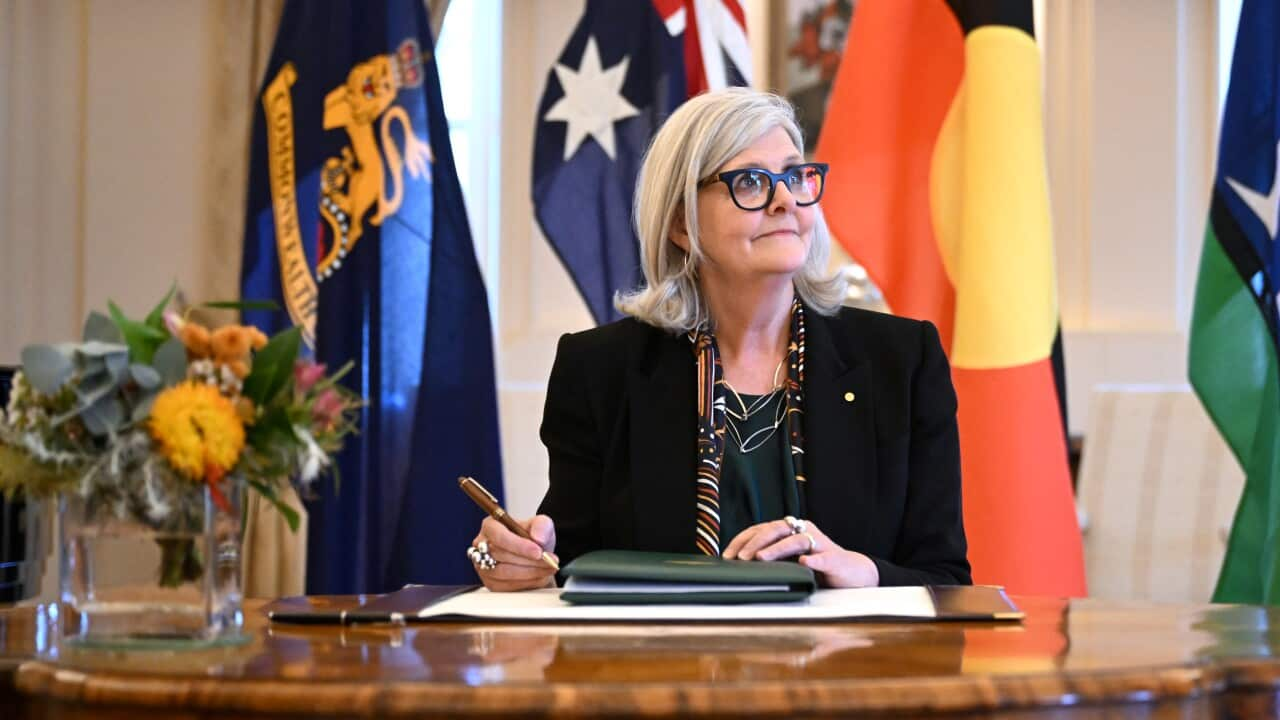Becoming a foster carer can help have a positive impact on a child’s life, while being a rewarding experience.
Who can become a foster carer?
You have to be:
-an Australian citizen or permanent resident,
-in good health,
-without a criminal record,
-ideally over 25 years old.
It’s also best if you have a spare room because it's important that children coming from challenging situations have a safe space they can call their own.
You’ll need to be patient and generous, but it doesn’t matter if you’re single or married, if you’re in a heterosexual relationship or a same-sex relationship, or if you’re a homeowner or a renter.

The right type of foster care for you
Even though fostering can be long-term and sometimes lead to adoption, it's mostly a short-term affair.
Most carers will welcome children in their home from a period ranging to a few days to a few months:
-Emergency care (12 hours onwards): It will usually be short-notice and can last from a few hours to a few months.
-Respite care (2 days to 3 weeks): Respite care helps long-time foster carers to take a break.
-Restoration and interim care (up to 12 months): Foster carers will take the children in their home until their family can safely look after them.
-Guardianship: It’s a court order allowing a child to live with a relative or adult they know until they turn 18. If the child is only staying with that person temporarily, it’s known as relative or kinship care.
-Open adoption from care (lifelong): The child is adopted by their foster carer while maintaining a relationship with their birth family (when appropriate).
-Long-term foster care (6 months onwards): When the child can’t go back to their family, but also can’t be placed under guardianship or be adopted, whether it’s their choice or for cultural reasons.
The first step: Lodge an application
To become a foster carer, you must first lodge an application through a fostering agency.
Each state provides a list of agencies (you can find links to them at the bottom of this page, in the useful links section).

Background checks and training
Once you've made that application, there's a period of training and assessment that can take up to six months, where the agency will work very closely with you on all aspects of being a foster carer.
“They'll come out and see you in your home, make sure everything is child-safe, obtain your background checks and documents and just really take you through what you can expect and what the process is and check suitability and what type of care is going to fit in with your lifestyle," explains Fostering NSW Sharon Broady.
Support from the agency
Your fostering agency will provide a case worker and a 24-hour line that you can ring if you need support. You’ll also have access to respite care and more training along the way.
Payments are provided to cover the cost of caring for the child. The amount depend on the type of placement, the age of the child and the needs of the child.
Multicultural foster care
While some agencies around the country specialise in multicultural foster care, all agencies do their best to place children in families who can support their cultural background.
"It's very important that children are placed within families that can support their cultural, religious and traditional practices to make them feel a sense of belonging and so that things don't feel that strange to them because obviously being taken from your own family for whatever reason can be very traumatising for a child," explains Sharon Broady.
It also makes it much easier for the child when it’s time to go back to his birth family.
Useful links
To find a foster agency in your state:
Multicultural foster care





